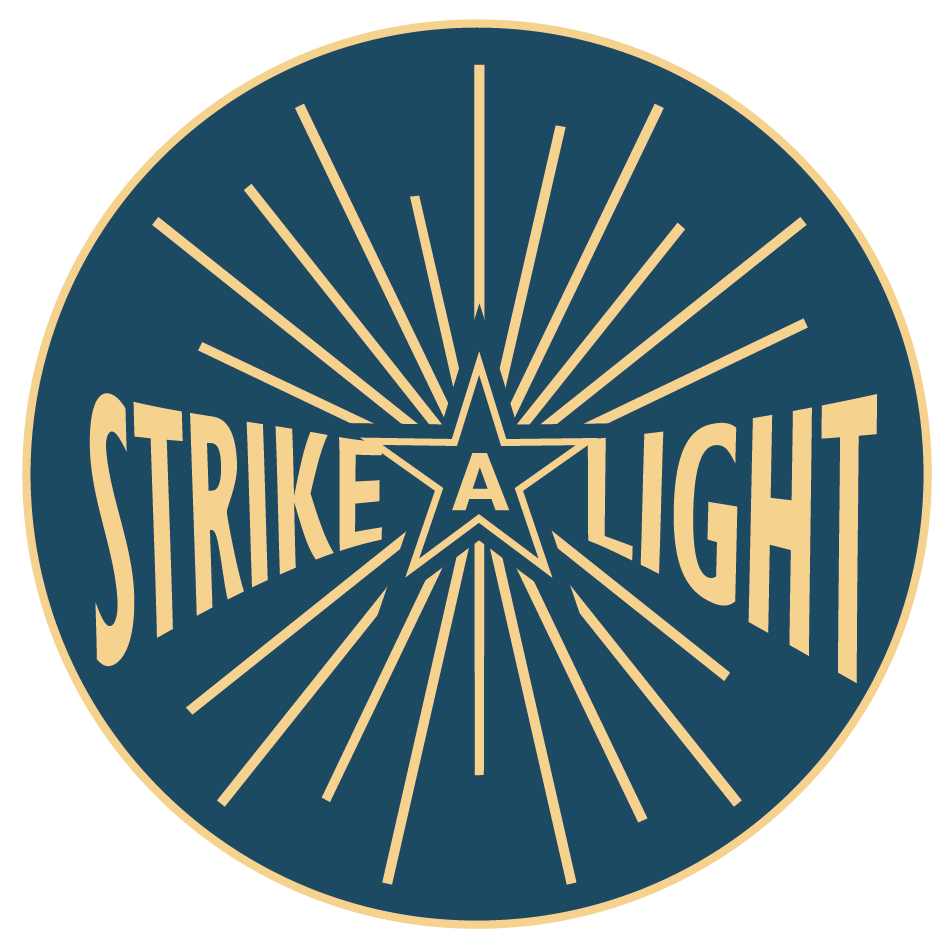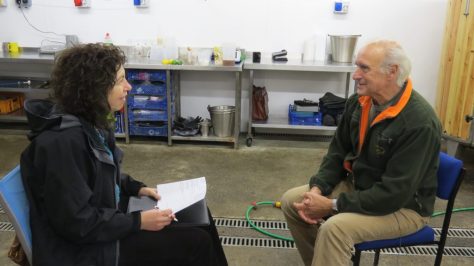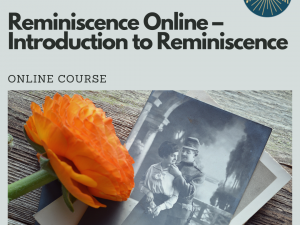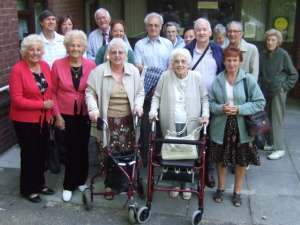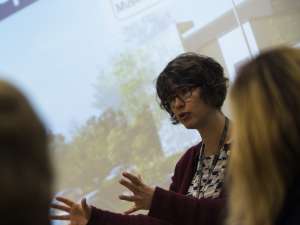Description
Oral History Training– 10:00 – 16:00
Oral History one day training course in interview practice, methodology and experience & post-course planning.
The training covers:
- Oral history: its uses and benefit
- Planning oral history interviews
- Interview techniques
- Interview practice and reflection on interview experiences
- Ethics, copyright and issues to consider
- An introduction to post-interview issues: editing material, transcription and summaries, oral history on the web
- Signposting to further support
Strike a Light can also offer a support service if you would like help with any aspect of oral history. If so, please get in touch. We are happy to help with any of the following:
- Starting up an oral history project
- Advice on funding applications and equipment
- Oral history training
- Oral history editing
- School oral history projects
- Making personal or family recordings
A free toolkit with resources for each participant is provided as part of the course.
* This course doesn’t include training in audio editing. We can offer this as a separate one day training session, or this can be done independently through the Oral History Society. Please get in touch for details. *
Lots of ideas to go away and research – good to meet others and share experiences and ideas. I feel more confident to go away and plan some reminiscence activities. I have more insight into the benefits and what’s involved. – Course participant
Course Structure
Structure of Training 10:00-16:00
- Introductions to the course and expectations
- What is oral history and how can it be used
- Introduction to recorders including: Zoom H4, and Marantz
Lunch
- What is a ‘good’ interview
- Planning an interview
- Oral history paperwork: summaries, transcripts, permission forms.
- Practice interview and reflection
Benefits of the Course
Benefits of the Course
This training course offers an overview of oral history work, including the background to the subject and will consider the benefits to be derived by both the people who are recorded and those who listen. We will explore the techniques used to successfully carry out recordings and interviews, equipment used, the documentation involved as well as how best to archive these for the future.
The training will be interspersed with opportunities for participants to experience oral histories, look at summaries and interview transcripts, and group members will be encouraged throughout to contribute their own experience and ideas.
You will emerge with a clearer idea of how to create an oral history project and clear and robust oral history interview.
What you will achieve
PARTICIPANT LEARNING OUTCOMES
By the conclusion of this course, and on successful completion of the activities and exercises, you will have achieved the following main learning aims:
- Knowledge of the key characteristics of oral history
- Awareness of varied personal and social benefits that can be achieved by participants
- Understanding of the principles of good practice in oral history
- Understanding of the role and responsibilities of the interviewer
- Increased confidence in delivery of activities
- Confidence to facilitate oral history interviews
- Skills to plan and facilitate recordings
- Techniques for successful interviews
- Ethical and legal issues
- Oral history paperwork: consent forms, transcription and summaries, edited selections.
By the end of the training, participants will have gained insight into what oral history is as a structured activity, and how it can be successfully and productively carried out.
Group Bookings
We are also happy to provide tailor made training specifically for your groups in a location of your choice. To discuss your learning requirements, please contact us.
